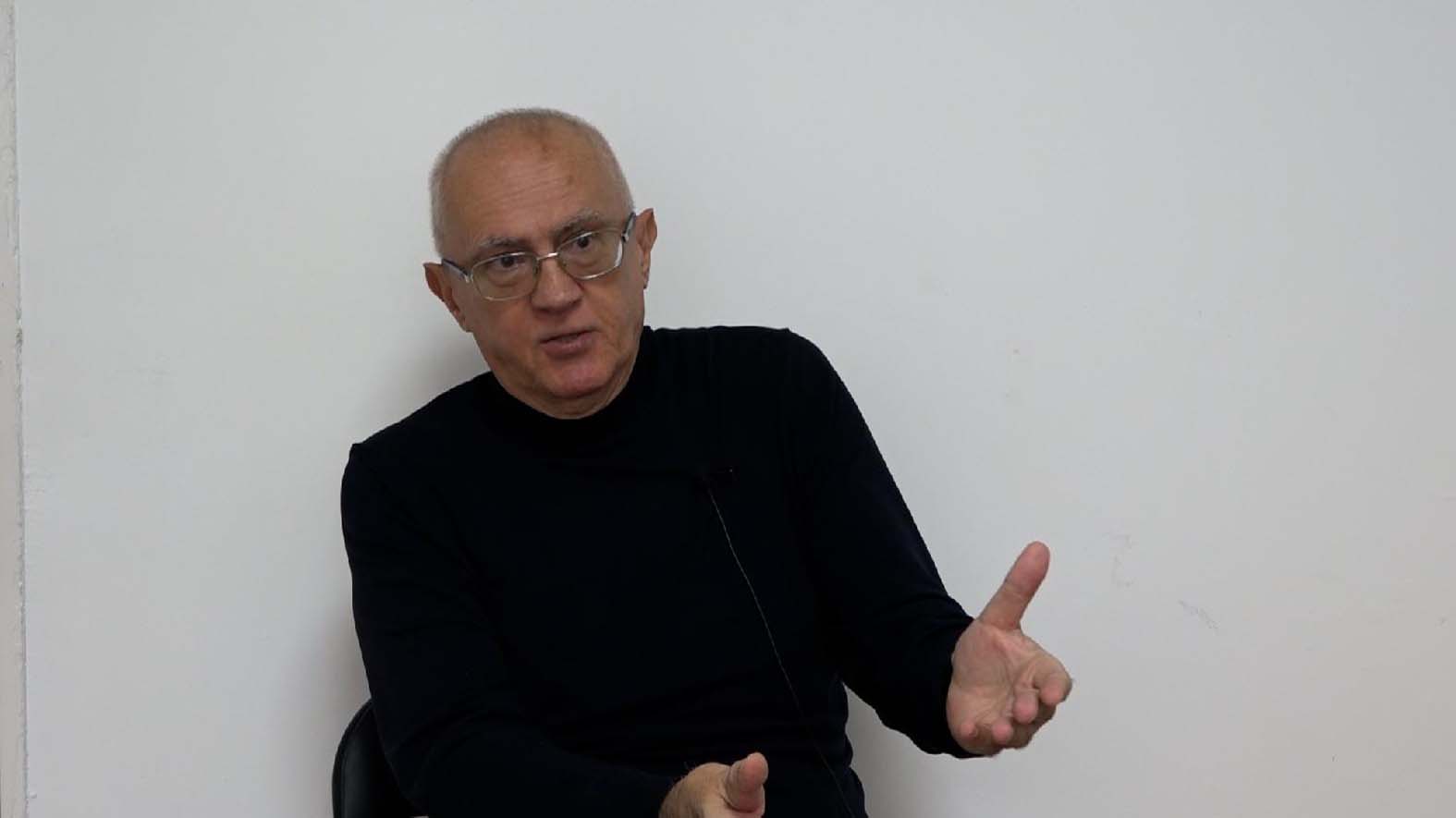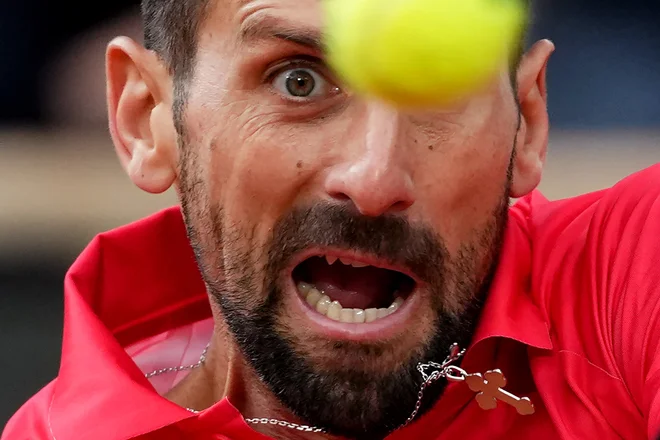‘We have to think differently about our polluting digital economy’
/s3/static.nrc.nl/wp-content/uploads/2025/04/10105423/data130539333-69959a.jpg)
Fieke Jansen, postdoc at the University of Amsterdam, keeps her documents on a cloud service that she manages herself. The Critical Infrastructure Lab where Jansen is investigating the environmental impact of digital technology also deals with apps and gadgets as sparingly as possible: Google Drive is not possible.
But even Jansen sometimes has to admit to the influence of large tech companies. Everyone at the university communicates through Microsoft teams. And this interview, also through teams, is automatically transcribed using AI. « That is why I think it is so important that the conversation is about industry, and not about the individual user. »
Where did you start interest in technology and the climate?
« I was always fascinated by the social impact of technology. For my PhD research at Cardiff University, I analyzed how the police use personal data- and which privacy and discrimination problems are involved.
« I have been committed to digital civil rights for ten years, when I received a fellowship at Mozilla. (Mozilla is a non-profit organization that is known for, among others, the browser Firefox.) There I met Michelle Thorne, who led the programs about sustainability. In our conversations I realized how absurd was that that was that no one had. »
Jansen gives the European AI act as an example. Since 2024, this law must ensure that AI is developing safely. But when it comes to sustainability, she says, the law does not make any hard requirements. While the tech sector puts the climate under pressure in all sorts of ways.
Jansen focuses in particular on the pollution by data centers, the engines behind the AI industry. The electricity consumption of data centers worldwide rose in 2022 to 460 terawatt hours. That’s almost four times The annual energy consumption of the Netherlands. Artificial intelligence, AI, is the biggest driver of the growing demand for energy in data centers. Most of the current is still generated with fossil fuels, and that is not sustainable.
In addition to energy, data centers also use large amounts of drinking water. Cooling water is needed to remove the heat from the servers. It is estimated that a data center needs about two liters of water for every kWh it uses to cool things down. Worldwide that would amount to a water consumption of 920 million cubic meters – that is more than The annual consumption of all Dutch households together.
To put the environmental impact of technology on the map, Jansen sought cooperation with other researchers, groups that deal with digital rights and environmental activists. Together they formed the Green Screen Coalition.
Most researchers have either expertise on digital rights or knowledge about climate change
Why did you think it was important to set up this coalition?
« I believe in counterpower. If no one does research on this, there is also no one at the table who stands up for the environment. Before that noise must be created a place. Most researchers have either expertise about digital rights or knowledge about climate change. Few people are at the intersection of those two disciplines. We wanted to bundle our knowledge.
« It is now a lively community where academic research contributes to the social discussion. »
With that conviction, Jansen got up a few weeks ago The AI top, a two-day conference in the Grand Palais of Paris. Here scientists came together with journalists, politicians and tech leaders, such as Sam Altman, the CEO of OpenAi. They would make agreements about the safe development of European AI models and listen to the requirement of Green Screen Coalition: the AI industry must make it more sustainable.
But soon Jansen became clear that Europe wants to set up its own Silicon Valley as quickly as possible, not as sustainably as possible. There was, she says, more attention for the opportunities than for the dangers of AI.
As icing on the cake, French President Macron announced that he wants to invest $ 109 billion in the European AI industry.
What did you think?
« I think we have to have the discussion with another approach: where do we want to be as a society in 30 years? And how do we get there? On the AI top it became painfully clear that that question is totally missing. It must be harder, faster, more. We are going to optimize new models, scale up the data centers. We can’t make it with this kind of short -term thinking. «
Can AI not help more sustainable?
« I am not against technology, but I am a tech-skeptic. I am also happy that my computer works and that I have a phone. But technology is not the answer to everything. This is how AI is presented now. For the environment there is only one real solution: otherwise thinking about our polluting economy. That means adapting industries and changing the only way, but it is a good way to help, but it is to change the only way.” ”” ”” ”” ””
Nobody wanted to listen for a long time. The whole of the Netherlands runs on Microsoft, which is cheap and easy
Do you use AI yourself?
« Probably without me realizing it. AI now automatically transcribes our conversation. Occasionally I experiment with Chatgpt, because my students use it. I have to understand what it is.
« But it is not about individual use. It is just like the discussion about plastic. Whether or not a consumer should use it is the wrong question, it is an industrial problem. »
So the change must come from the industry. But are they going to do that?
« I think so. Based on the digital rights movement, we have been calling for years that the government and universities should become independent of American tech companies. Nobody wanted to listen for a long time. The whole of the Netherlands runs on Microsoft, that is cheap and easy.
« But now that Trump and Musk are sitting on the buttons, people suddenly want to listen. Now it becomes clear that the warnings of digitual rights groups were not so strange at all. And the climate discussion about AI is now starting to brighten. That is a good sign. »
Do you see yourself as an activist?
« More than a committed citizen who gets all kinds of opportunities to initiate change. It is a luxury that this is my job.
« But activist? I work with people who defend their homes in the Amazon against illegal mines who destroy nature and the living environment for the metals in our phones. Those are activists. If I would call myself that, I do those people short. And yes, I think we should get up for our ideals. »

:format(webp)/s3/static.nrc.nl/images/gn4/stripped/data132512191-bf7b93.jpg)
/s3/static.nrc.nl/images/gn4/data133305174-ec8c91.jpg)





